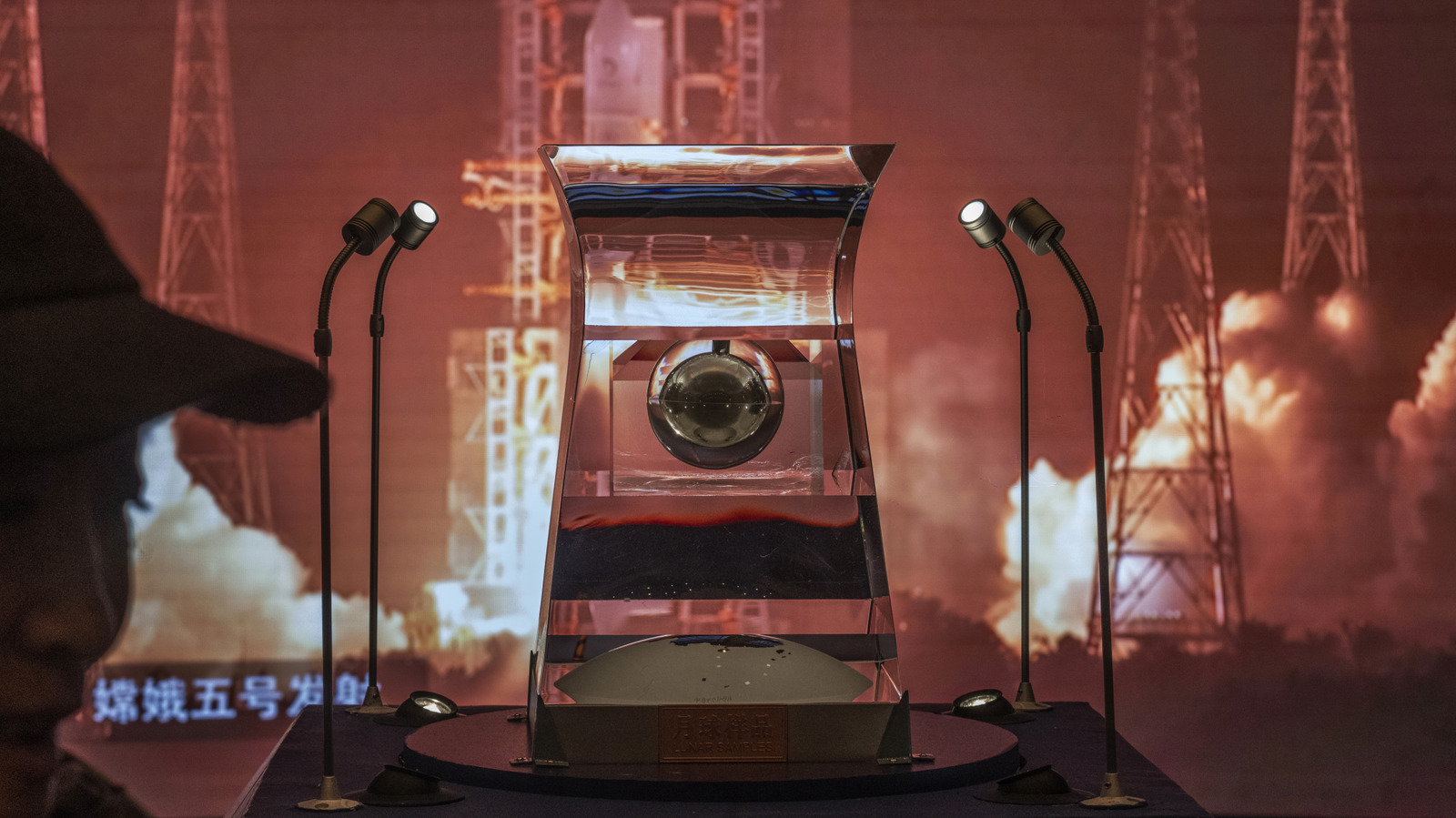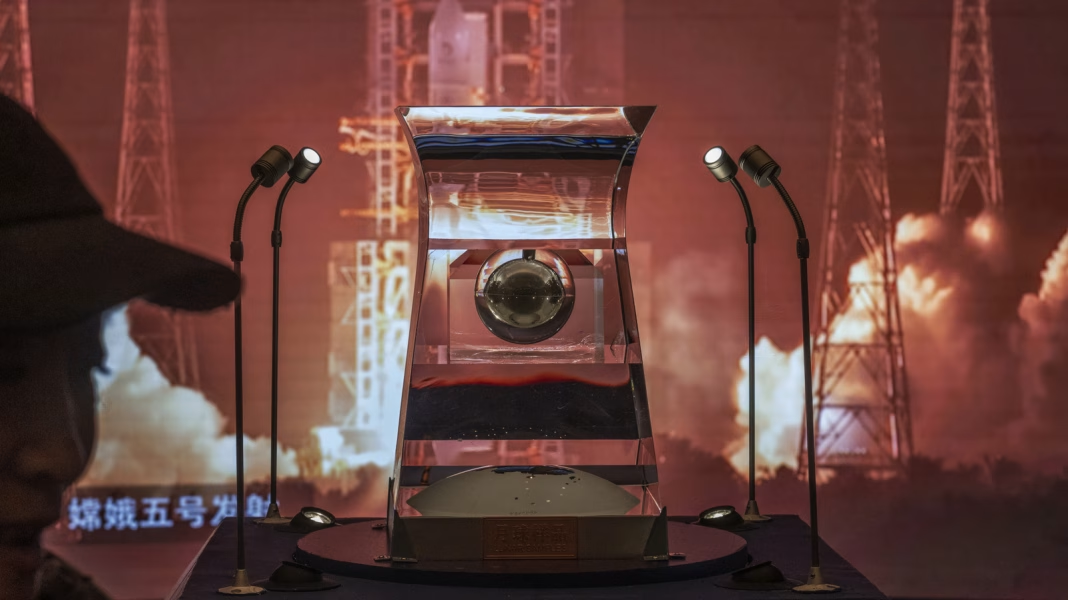The landscape of space exploration has always been a dynamic one, but recent years have seen a notable shift in the relationship between major space agencies, particularly NASA and its Chinese counterpart, the China National Space Administration (CNSA). This non-cooperation can be traced back to a law passed by Congress in 2011, which has had far-reaching implications for international collaboration in space.
What Sparked the Rift Between NASA and CNSA?
In 2011, the U.S. Congress enacted a law known as the Wolf Amendment, which effectively prohibits NASA from engaging in any bilateral agreements or collaborations with China. The rationale behind this legislation was rooted in national security concerns, as lawmakers feared that sharing technology or research with China could compromise U.S. interests. This law has created a significant barrier, preventing NASA from participating in joint missions, sharing data, or even attending conferences alongside Chinese scientists.
The result? A fragmented approach to space exploration where two of the world’s leading space agencies operate in silos. While NASA continues to push the boundaries of human spaceflight and planetary exploration, China has made remarkable strides on its own, including successful lunar missions and the construction of its own space station, Tiangong.
How Has This Affected Space Exploration?
The implications of this non-cooperation are profound. For one, it limits the potential for shared knowledge and resources that could accelerate advancements in technology and science. Imagine the breakthroughs that could emerge from collaborative missions to Mars or joint studies of astrobiology! Instead, both agencies are left to pursue their goals independently, which can lead to duplicated efforts and wasted resources.
Moreover, this divide has broader implications for global space governance. As more countries enter the space race, the absence of cooperative frameworks could lead to increased competition rather than collaboration. This is particularly concerning when considering the potential for space debris, resource allocation, and the ethical implications of space exploration.
What Are the Alternatives?
Despite the current restrictions, there are still avenues for indirect collaboration. For instance, scientists from both countries can share findings through international conferences or publications, albeit without formal agreements. Additionally, private companies in the U.S. are beginning to engage with Chinese counterparts in ways that skirt around the restrictions imposed by the Wolf Amendment. This could pave the way for a more collaborative future, albeit in a less direct manner.
Looking ahead, it’s crucial for policymakers to reconsider the implications of such laws. As the landscape of space exploration evolves, fostering international cooperation could lead to more significant advancements and a more sustainable approach to exploring the cosmos.
What’s the Big Picture?
The big takeaway? The rift between NASA and CNSA isn’t just about politics—it’s about the future of space exploration. While the Wolf Amendment was enacted with national security in mind, the long-term consequences of such isolationist policies could hinder progress in a field that thrives on collaboration. As we move forward, the challenge will be finding a balance between security and the shared pursuit of knowledge in the vast expanse of space.
So, what can you do? Stay informed and advocate for policies that encourage collaboration in science and technology. After all, the universe is vast, and there’s plenty of room for all of us to explore it together.


